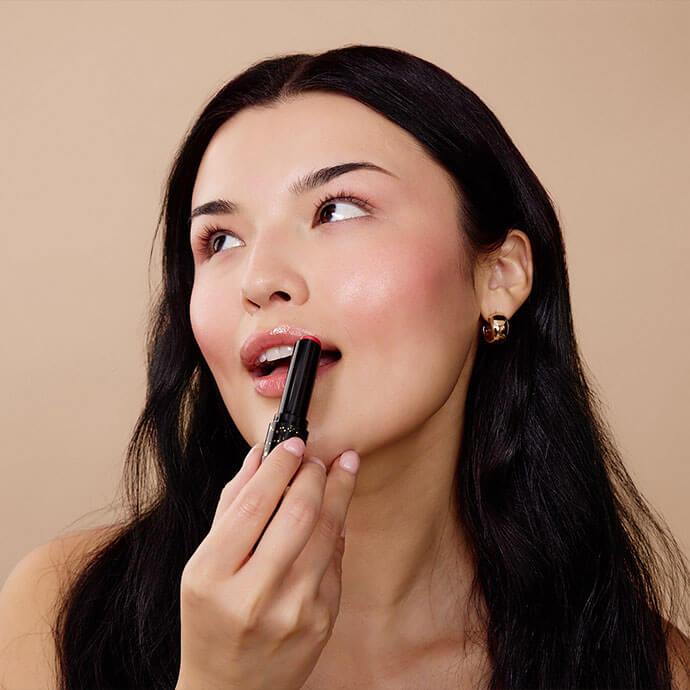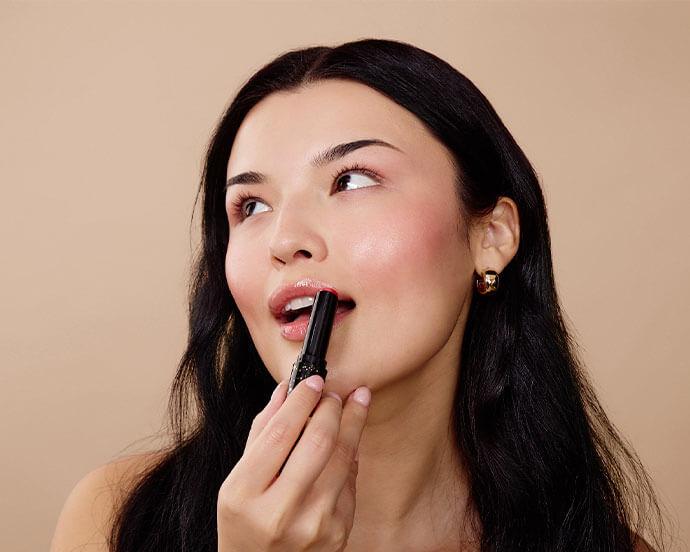Using Retinoid During Summer: Your Ultimate Guide



Deanna Pai


Retinoids are an MVP skincare ingredient—and if you’re not yet using one, it might be time to incorporate this topical powerhouse into your skincare routine. But in practice, using retinoids during summer isn’t always that easy. The good news? It just requires a little calibration with your other skincare products—and lots and lots of sunscreen.
For the uninitiated, here’s the scoop: Retinoid treatments, a form of vitamin A, can level up your skincare routine, since they speed up skin cell turnover and help stimulate collagen production. (FYI: “Retinoids” is the umbrella term for both prescription-strength retinoids, such as tretinoin and Retin-A, and retinol, the over-the-counter derivative.) But using retinol products in the summer—aka prime time for sun exposure—can be tough. Read below for why that is and what you can do about it.
It's about glam time you treated yourself.
Join IPSY

MEET THE EXPERT
Deanne Mraz Robinson, MD, FAAD, is a cosmetic fellowship trained, board-certified, dermatologist with award-winning experience in medical, surgical and cosmetic dermatology.
Should You Even Use Retinoids in the Summer?
“Retinols increase the rate of skin cell turnover and regeneration, keeping pores clear and healthy skin cells at the surface,” says board-certified dermatologist Deanne Mraz Robinson, MD. Not only does that help address things like breakouts and signs of aging, such as the appearance of fine lines, but retinoids can also help even out skin tone—including dark spots caused by acne.
Despite all of their anti-aging perks, however, they have a few side effects on the skin to keep in mind, including dryness, flakes, sensitivity, and even sun sensitivity. That basically leaves skin at risk of all types of sun damage, including sunburns and redness—for which many tend to be at a greater risk in the summer, when we’re spending weekends at the beach and chilling al fresco with friends.
This said, however, it’s not exactly an option to simply suspend retinol use during the summer months—since, of course, you’d be missing out on all those benefits. The good news? You can still use retinol in the summer, according to Dr. Robinson. “It is true they make your skin more vulnerable to the sun as they increase the skin cell turnover, but as long as you're using at least SPF 30 or more on your face with proper reapplication, you can continue using them all summer long,” she says. Plus, we love retinol options like VOLITION BEAUTY Sémillon Overnight Retinol Serum with Niacinamide + Hyaluronic Acid, which also includes soothing niacinamide and hydrating hyaluronic acid.
How to Use a Retinoid in the Summer
This is retinoids 101, but in case you need a reminder: Use retinoids only at night, says Dr. Robinson. You don’t want sun exposure and retinoids to overlap, which can be a recipe for redness.
Then, “always wash your face in the a.m.,” she says. Washing with a gentle cleanser will ensure that any residual retinoids are removed for daytime. Also, scope out your skincare products and leave out formulations with potentially irritating ingredients, such as alpha hydroxy acids (AHAs) and vitamin C. (While exfoliation is still okay if your derm recommends it, consider doing it less often if you experience redness or stinging.)
Finally, stay on top of your sun protection—and make sure that it’s a broad-spectrum formula at the right SPF level. “I always, always, always use SPF 30 or higher,” says Dr. Robinson, who’s a fan of mineral sunscreens. In tweaking your routine accordingly, you can get the best of both worlds: the many perks of retinoids and a little fun in the sun.
Want in on all the IPSY fun? Take our Beauty Quiz now to get started with your own IPSY beauty subscription. Already an IPSY member? Refer your friends to earn points, which you can use toward products. Either way, don’t forget to check us out on Instagram and TikTok @IPSY.
Like this article? Share it with your friends by clicking the icons below!
Liked this post? Share!
Related Stories


Skin
Skinimalism Is the Ultimate Stripped-Back Skincare Trend
Published on Jan 22, 2026 • 6 min read


Skin
Spring Is Coming—Is Your Skincare Ready?
Published on Jan 15, 2026 • 4 min read


Skin
The Hydration Sandwich Trend Will Save Your Dry Lips This Winter
Published on Jan 13, 2026 • 4 min read


Skin
What Is the Skin Barrier & Why Is Everyone Talking About It?
Published on Jan 12, 2026 • 6 min read


Skin
The New Year Is the Perfect Time to Get Ahead of Inflammaging
Published on Dec 15, 2025 • 8 min read


Skin
How to Adjust Your Skincare Routine for Mature Skin in the Winter
Published on Dec 4, 2025 • 7 min read


Skin
10 Thanksgiving Foods That Will Have Your Skin Coming Back for Seconds
Published on Oct 15, 2025 • 7 min read


Skin
Skin Texture 101: Your Guide to the Types of Skin Texture and How to Care for Them
Published on Oct 8, 2025 • 14 min read


Beauty Picked Just for You
Get 5 products worth up to $70
Plus exclusive access to epic deals up to 80% off
Starting at just $14/month. Cancel anytime.